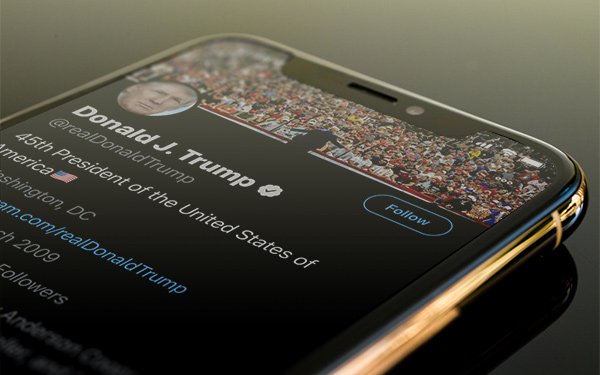
The digital rights group Center for Democracy
& Technology has no grounds to challenge President Trump's recent executive order regarding social media, because the order's impact is still “speculative,” the White House argues in
court papers filed this week.
The Justice Department is asking U.S. District Court Judge Trevor McFadden in Washington, D.C. to dismiss the organization's request for a declaration that the
order is unconstitutional and an injunction blocking its implementation.
The Center for Democracy & Technology challenged Trump's executive order in court several days after he issued it.
The organization argues the order violates the First Amendment because it “seeks to curtail and chill the constitutionally protected speech of all online platforms and individuals.”
The order, issued in late May, directed the Commerce Department to petition the Federal Communications Commission to craft regulations that could deprive online platforms of the protections of
Section 230 of the Communications Decency Act.
advertisement
advertisement
That law currently immunizes Twitter, Facebook, YouTube and other websites from civil suits based on material posted by users.
The order
also directs the Federal Trade Commission to consider consider taking action if websites “restrict speech in ways that do not align with those entities’ public representations about those
practices.”
Trump issued the order after Twitter alerted users to dubious claims in two of his tweets.
Last month, the National Telecommunications and Information Administration
followed through on the order by petitioning the FCC for rules that could tie web companies' Section 230 protections to the companies' content moderation policies.
The FCC recently sought
comment on that petition, but three of the agency's five members have already expressed skepticism about the order. (This week, Trump rescinded the renomination of one of those members, Republican
Michael O'Rielly.)
FTC Chairman Joe Simons also suggested this week that the agency lacked authority to carry out the order, noting that the FTC has no mandate to police content curation
policies.
The Justice Department is arguing to McFadden that the Center for Democracy & Technology can't proceed with the lawsuit at this time for several reasons, including that the FCC
hasn't yet passed any rules, and the FTC hasn't taken action.
“Plaintiff’s assertions hinge on impermissible conjecture about future events and future actions by officials not
before the court, and how those events and actions could affect online platforms,” the government writes. “Plaintiff is simply speculating that those outcomes will be contrary to the First
Amendment.”